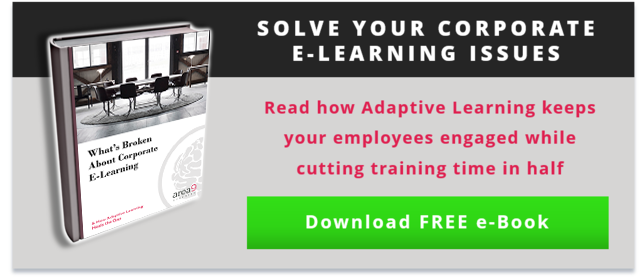What makes good training in the corporate learning world? There are many forms of corporate learning and e-learning, and many options are a good thing, but sometimes that much choice can be overwhelming and tricky. For starters, let’s identify two differing strategies and see what comes out. This time we’ll explore microlearning versus Adaptive Learning.
The World of “Microlearning”
The primary idea behind microlearning is saving time for busy workers. The idea is that overworked employees don’t want to spend hours in classrooms, which is true.
Microlearning’s solution is to give people lessons in the same way they already consume entertainment: in bite-sized media, right off their devices, so they can learn on the go, from anywhere.
There can be drawbacks, however.
The World of Adaptive Learning
Adaptive Learning focuses on the uniqueness of each employee. In every aspect of society, from social media to music to video content, individuals and consumers respond positively to a platform that gives them choice.
Adaptive Learning prioritizes learner feedback, and uses that feedback to adjust the curriculum to fit individual needs. It understands which areas the learner is struggling with, adjusts accordingly, and uses the Recharge system to see which information the learner is retaining.
In other words, Adaptive Learning doesn’t focus just on being fast; it’s also thorough.
The Advantages of Adaptive Learning
Though microlearning does a good job of matching the trends in how society views content - bite-sized chunks - it’s still prone to some of the pitfalls of traditional e-learning.
Technically, microlearning is the same structure as traditional corporate learning, just in smaller pieces.
Employee confidence is important. It’s the difference between cutting the red wire or the blue wire in a bomb squad. When safety is key, no one wants to be guessing based on “what feels right.”
If you made a lucky guess and thought the right answer sounded more right than the other possible answers, did you really know it? Or was it just more plausible than the more absurd ones. Without taking learner confidence into account, forms of e-learning, like microlearning, might be missing large pieces of the puzzle when it comes to an employee’s success.
Adaptive Learning is a completely different structure. A major aspect of Adaptive Learning is the concept of learner confidence. Think of any multiple choice test you took back in school. There were questions you knew the answer to immediately and there were questions you didn’t know, but there were also those pesky questions you mostly knew but weren’t entirely sure of. Using that confidence level as quantifiable data is incredibly important to Adaptive Learning.









